Tired of constantly battling dog hair? If you dream of a furry companion without the endless shedding, you’re in luck! There are many small dog breeds that don’t shed (or shed very little), making them ideal for allergy sufferers or those who simply prefer a cleaner home. Let’s explore some of the most adorable and low-shedding small dog breeds to help you find the perfect match.
Affenpinscher
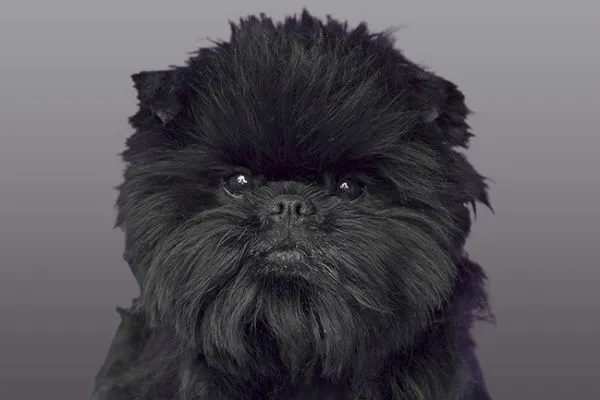 affenpinscher
affenpinscher
The Affenpinscher, whose name translates to “monkey-like terrier,” is a breed that lives up to its moniker with its intelligence and distinctive appearance. This Toy breed is small but fearless, making them excellent watchdogs. The Affenpinscher’s wiry coat sheds very little and has minimal doggy odor, needing only twice-weekly brushing with a slicker brush and comb. This low-maintenance and humorous canine makes an excellent companion.
If you’re captivated by the Affenpinscher’s charm, you might also find best small dogs to own that don t shed to be a helpful resource for further exploration.
Basenji
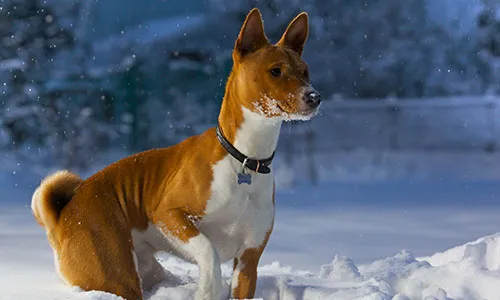 basenji
basenji
The Basenji is an excellent choice for hound lovers who dislike their distinctive odor and shedding. This breed sheds very little, and its short, fine coat requires minimal care beyond occasional brushing. Basenjis are also notably quiet, making them ideal apartment dogs, provided they receive daily exercise and playtime.
Bichon Frise
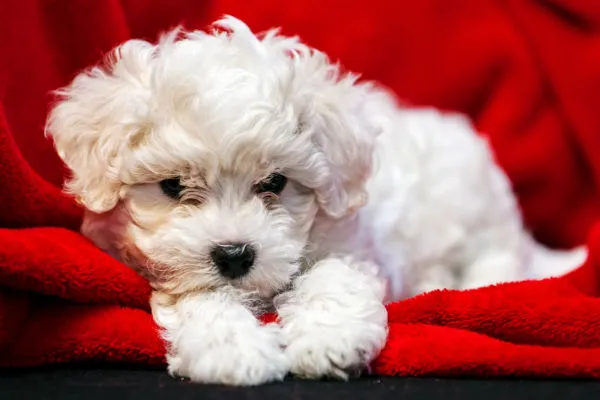 bichon frise
bichon frise
The Bichon Frise is a truly non-shedding small dog breed. These playful and affectionate dogs are an ideal dog breed for people with allergies, but they do require regular grooming. The Bichon Frise’s hair grows continuously, necessitating frequent brushing, grooming, and occasional baths to maintain their signature powder-puff look.
Bolognese
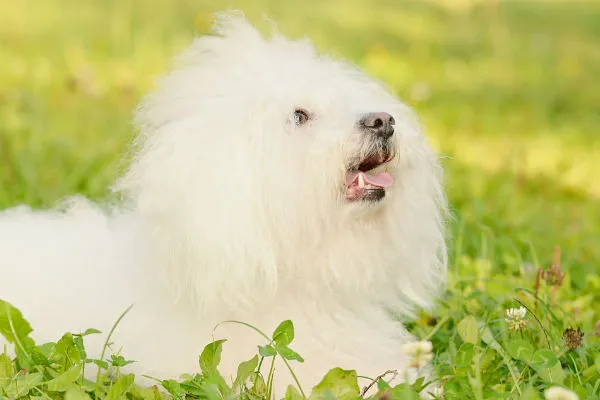 bolognese
bolognese
Similar to the Bichon Frise, the Bolognese boasts a fluffy coat composed of hair rather than fur. Bolognese dogs do not shed, but regular brushing is necessary to remove dead hair. Daily grooming is essential to keep these lovable lap dogs looking their best.
Brussels Griffon
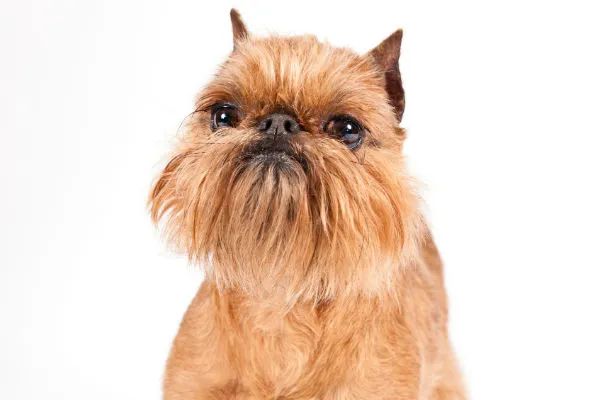 brussells griffon
brussells griffon
Despite their small size, Brussels Griffons are not dogs that need constant pampering. Both smooth-coated and rough-coated varieties benefit from regular grooming and are minimal shedders. Their size allows them to thrive with daily walks and indoor play. These loyal little dogs do best with families who are frequently home.
Chinese Crested
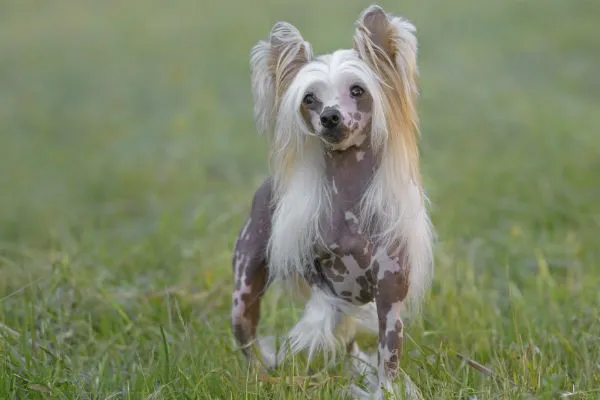 chinese crested
chinese crested
Choosing a hairless breed is a surefire way to avoid shedding. Chinese Cresteds come in two coat types: hairless and powderpuff. Hairless Chinese Cresteds have hair on their heads, tails, and feet, while the powderpuff variety has a fine coat that sheds very minimally. Hairless dogs require extra care and attention to their skin, needing protection from the sun and cold.
Thinking about a hairless dog? Consider small companion dogs that don t shed for other hypoallergenic options.
Coton De Tulear
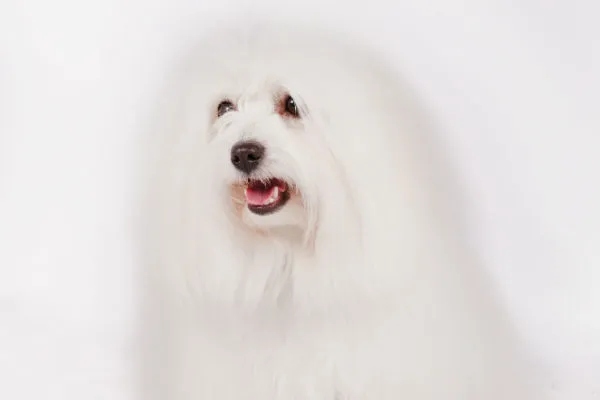 coton de tulear
coton de tulear
The Coton de Tulear has a distinctive, long, fluffy coat that is considered hypoallergenic, making it a good choice for allergy sufferers and those who want a small dog that doesn’t shed. Daily grooming is required to maintain their coats, but their gentle and lighthearted nature makes it worth the effort.
Havanese
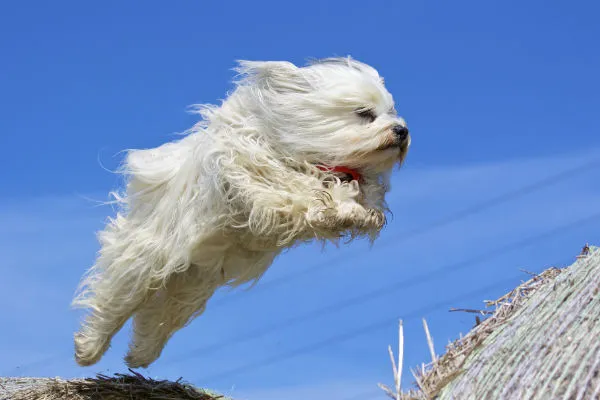 havanese
havanese
These native Cuban dogs offer their owners a spunky charm and a coat that doesn’t shed. This means less time spent cleaning up hair and more time playing with your Havanese. Their coat requires weekly brushing and regular baths to keep them clean and healthy.
Maltese
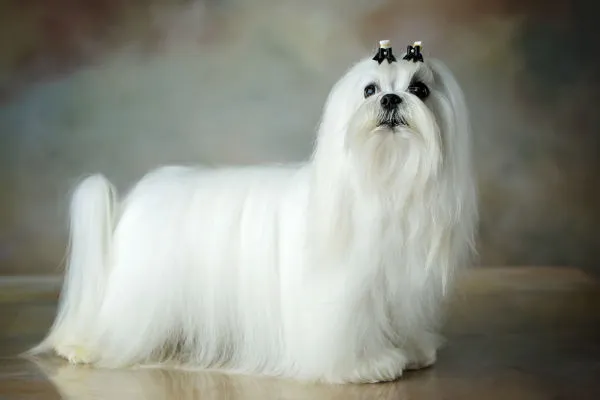 maltese
maltese
Maltese dogs have charmed their human companions for millennia. Their long, white coats shed very little, making them ideal lap dogs. Regular brushing is needed to prevent mats from forming, and occasional baths keep their silky hair clean.
Lhasa Apso
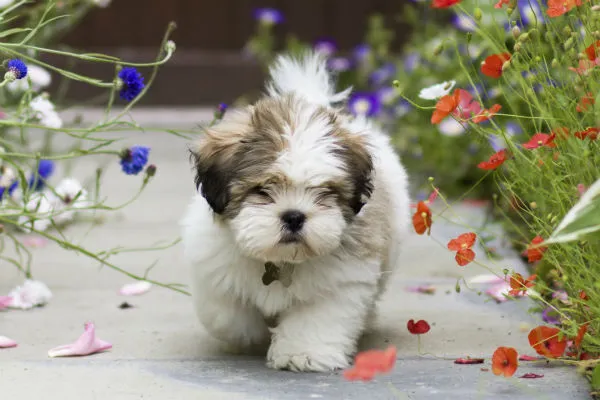 lhasa apso
lhasa apso
This small dog breed from Tibet makes an excellent companion. Calm yet playful, the Lhasa Apso enjoys walks and relaxing with their owner. Lhasa Apsos don’t shed, but their coats require maintenance. Many owners keep their Lhasa Apsos clipped in a “puppy cut” to avoid daily grooming.
Miniature Schnauzer
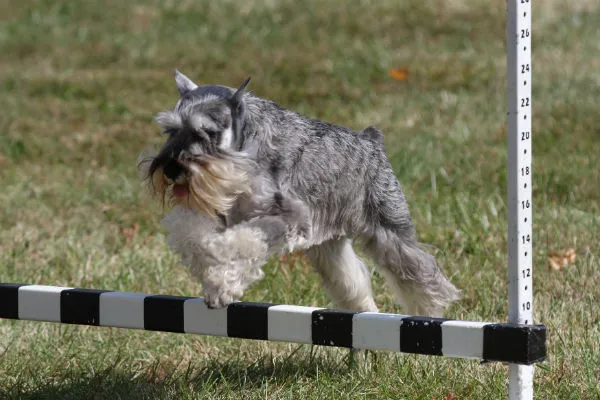 miniature schnauzer
miniature schnauzer
The Miniature Schnauzer is a smart, trainable, and cheerful little dog. This Terrier sheds very little, and their adaptability makes them at home in the city or the country. Weekly brushing and regular grooming are needed to keep them looking their best.
Poodle
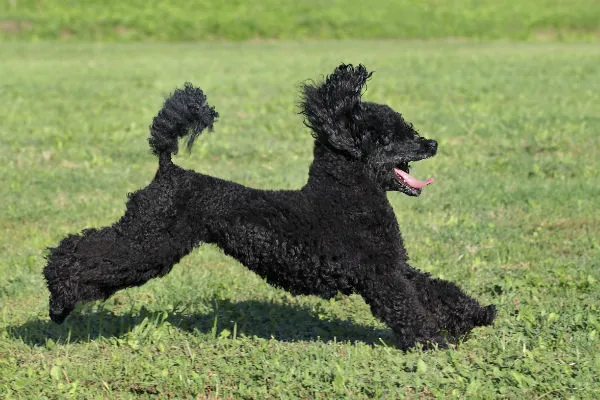 poodle
poodle
Poodles are often the first breed that comes to mind when discussing small dogs that don’t shed. Poodles are non-shedding and hypoallergenic. Miniature and Toy Poodles offer these qualities in petite sizes. All Poodles are highly intelligent, making them easy to train, and they are an active breed. Their hair does require regular grooming.
Scottish Terrier
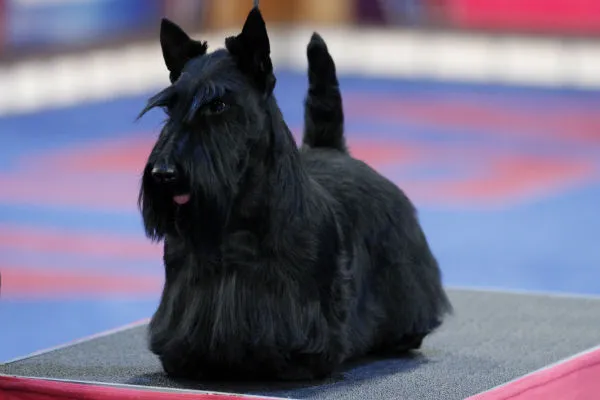 scottish terrier
scottish terrier
The Scottish Terrier, or Scottie, is a Terrier breed known for its boldness, confidence, and big personality. The wiry, weather-resistant coat sheds very little, but they require regular brushing, grooming, and occasional hand-stripping to keep their coats healthy.
Shih Tzu
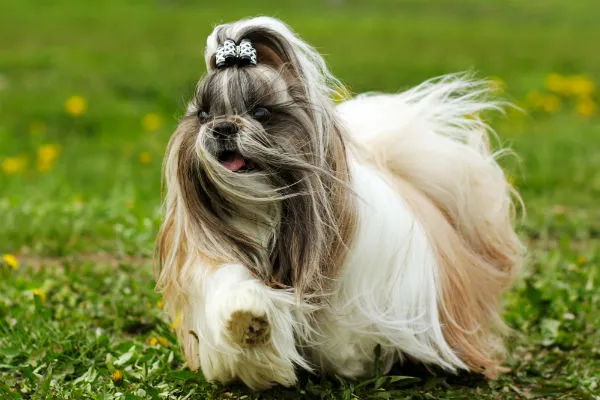 shitzhu
shitzhu
The Shih Tzu is another breed with a long pedigree. Their long, silky hair is very low-shedding and looks regal when brushed out. This Toy breed is sturdy and lively, with a carriage often described as arrogant. Shih Tzus were bred to be house pets, and their gentle nature makes them exceptional companions.
West Highland White Terrier
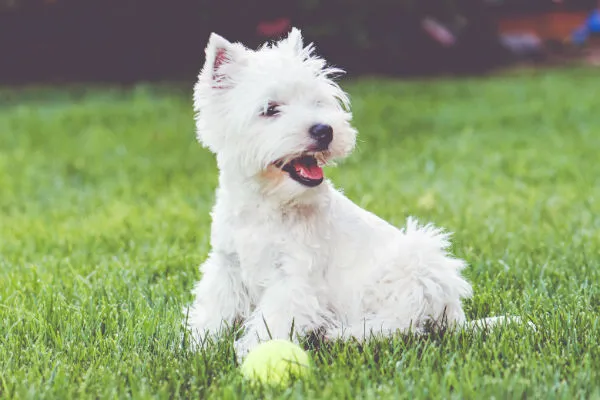 west highland terrier
west highland terrier
The coarse, white hair of the West Highland White Terrier, sheds very little. This sturdy little dog is intelligent, loyal, happy, and highly entertaining. They are curious dogs with moderate energy levels.
Xoloitzcuintli
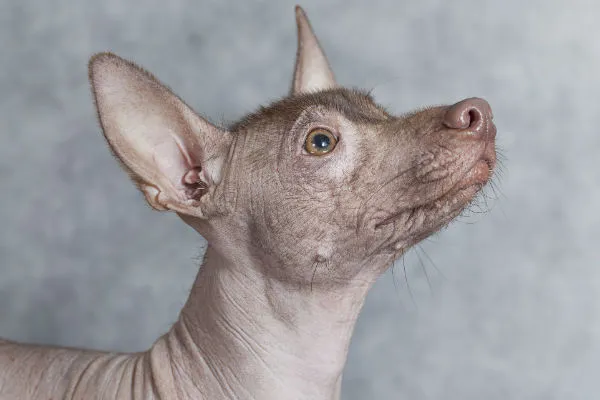 xolo
xolo
Also known as the Mexican Hairless, the Xoloitzcuintli is an ancient and rare breed of dog that can be hairless or coated. Hairless varieties retain a small amount of hair on their heads, and the coated variety has a very short, fine coat that sheds minimally. As with any hairless breed, the Xolo needs extra attention to protect their skin.
Yorkshire Terrier
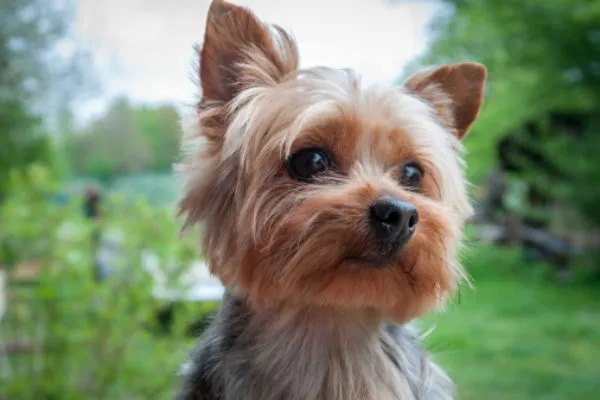 yorkie
yorkie
Sprightly, tomboyish, and affectionate, the Yorkshire Terrier, or Yorkie, is a Toy breed full of personality. Yorkshire Terriers do not shed, and their silky coats are beautiful when brushed out daily.
Other Small Dog Breeds That Don’t Shed
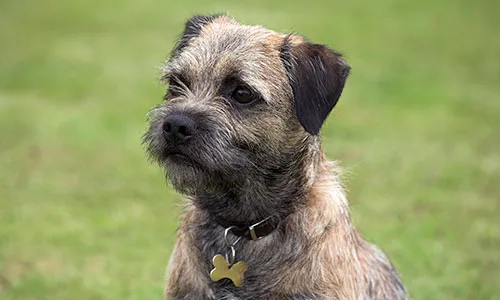 border terrier
border terrier
The Terrier group is full of small dogs that don’t shed or shed minimally. Wiry- and coarse-haired Terriers shed less than other breeds, making Terriers ideal small dogs for people who don’t enjoy excessive shedding.
Finding a small, cute dog breed that doesn’t shed can significantly improve the quality of life for allergy sufferers and anyone who prefers a tidy home. Remember to research non-shedding dog breeds carefully to find the perfect dog to match your lifestyle and always purchase from a reliable breeder. Prioritize a high-quality diet and regular veterinary checkups to keep your furry friend happy and healthy!
